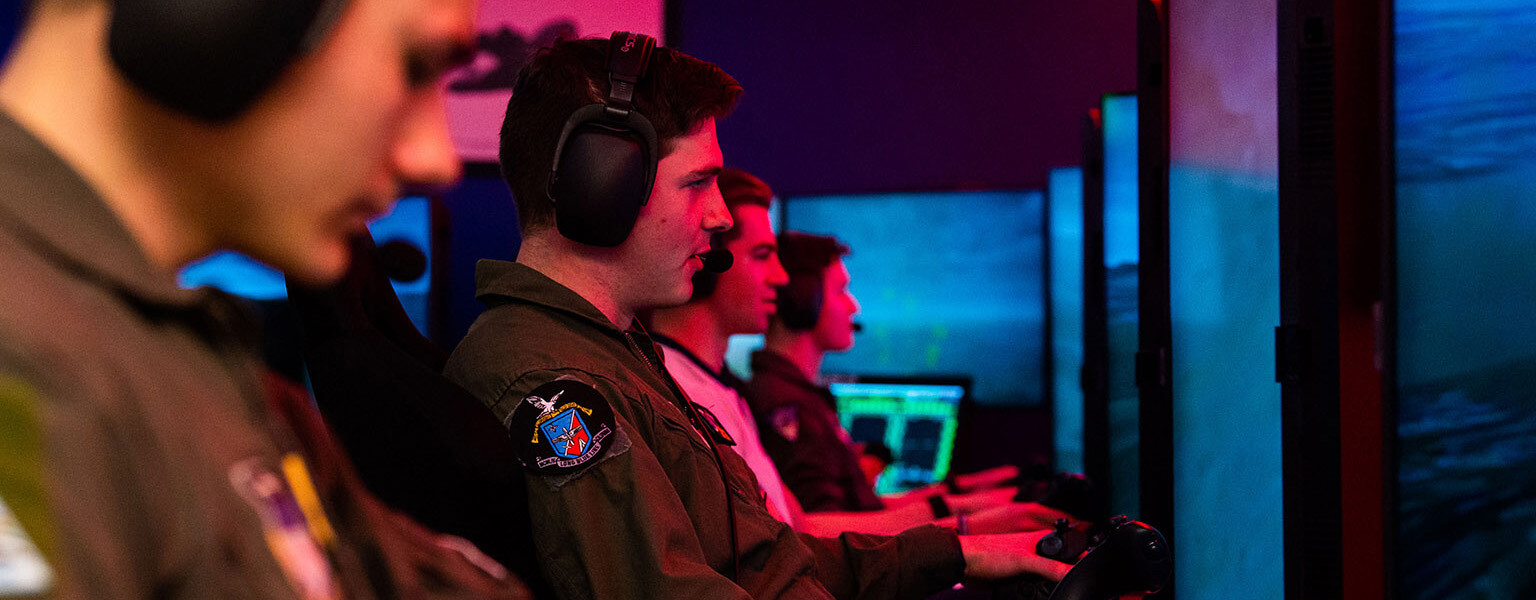FROM THE DIRECTOR
“I believe it is the mission of all Service Academies to ensure their officers are prepared to excel and win in any future environment they may encounter throughout their career.” – Lt Gen (Ret) Bradford Shwedo, Director, Institute for Future Conflict
Our intent is to lead initiatives in a collaborative way with the U.S. Air Force Academy Mission Elements, department heads and the CCLD that develops leaders who recognize and understand that future conflict is inherently joint and multi-discipline. We are focused on leveraging partnerships and opportunities with other elements of government, academia and industry that afford outstanding educational opportunities and potential solutions to some of our country’s toughest problems.
All cadets gain familiarity with emerging and disruptive technologies. Cadets understand the impact these technologies will have on future conflict and they will explore the opportunities and challenges of the employment of these technologies by adversaries and allies. The IFC also exposes the faculty to these technologies, so they can adapt courses they are teaching to address the impacts that may be expected on society, and also the impact of society on the application of the technology on the character of warfare. In addition, through our interaction with government, academia and industry, these cadets and faculty can be a part of the solution to many of our country’s most pressing problems. By establishing IFC at the Academy, we have leveraged many of the facilities from within — The Center for Character and Leadership Development (CCLD), Wind Tunnels, AFCyberWORX, UAS Center, CyberCity, Multi-Domain Lab simulators, Cadet Space Operations, etc.– to enhance all the IFC goals.
Anyone who would not be overwhelmed by the all the tasks associated with this job would be either extremely naïve or ignorant. As with any large job, it is best to jump in and I’m lucky to have so many great teammates that have been willing to support the multiple lines of operations focused on solving this large task. I’m psyched to be part of a team that is focused on developing Airmen and Guardians capable of leadership across an increasingly broad spectrum of military domains.
Read more about the IFC and Lt Gen Shwedo.
